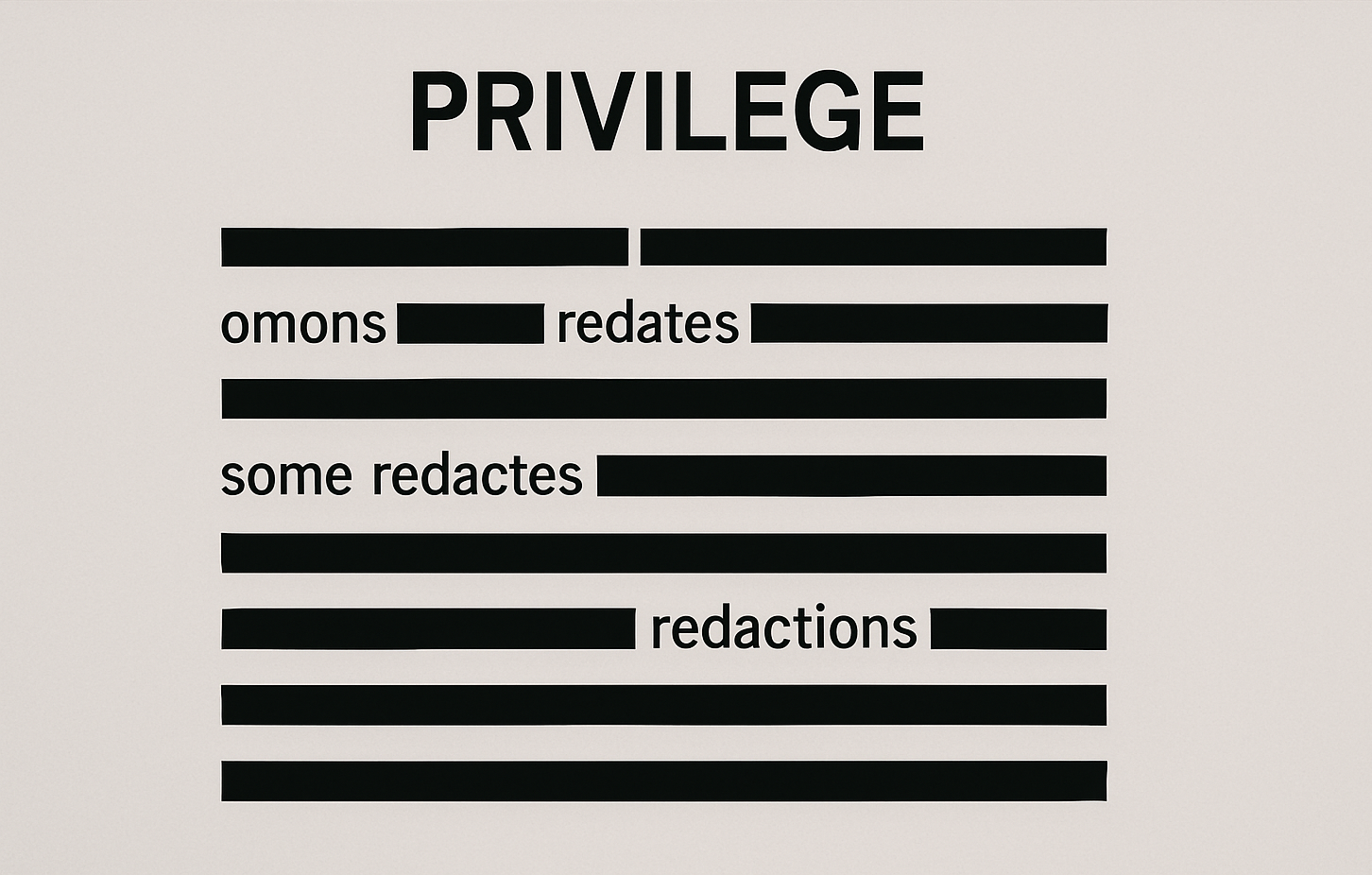Due diligence is a critical component of selling a business, guiding both buyers and sellers through the complexities of commercial transactions. From legal compliance to financial transparency, a well planned commercial due diligence legal guide can lay the foundation for a successful business sale.
Here are some key considerations for businesses preparing to be sold:
- Conducting Thorough Commercial Due Diligence
Ensuring a comprehensive due diligence process is essential for any successful business transaction. The outline below serves as a guide to conducting thorough due diligence and includes key areas of focus to mitigate risks and ensure a smooth transition during mergers, acquisitions, or other corporate transactions.
A. Legal Compliance
- Ensure all corporate and legal documents are in order.
- Verify compliance with local and industry-specific regulations.
- Identify and address any potential legal risks or liabilities.
B. Contractual Obligations
- Analyze existing contracts, agreements, and obligations.
- Evaluate the transferability of contracts to the new owner.
- Address any contractual issues that may impact the sale.
C. Intellectual Property Assets
- Assess the status and ownership of intellectual property.
- Confirm that trademarks, patents, and copyrights are adequately protected.
- Mitigate risks related to infringement claims or challenges.
D. Employee Matters
- Review employment contracts, benefits, and compliance with labor laws.
- Identify any pending employment-related claims or disputes.
- Develop a transition plan to ensure a smooth adjustment for employees post-sale.
E. Financial Investigation
- Verify financial statements and conduct a thorough financial analysis.
- Evaluate the accuracy of reported revenue, expenses, and assets.
- Identify any outstanding liabilities or contingent risks.
- Maximizing Efficiency and Cost-Effectiveness
In the complex process of due diligence, organizations have two primary options: utilizing an in-house legal team, or engaging outside legal support. In order to increase efficiency, achieve cost savings, and expedite the overall due diligence timeline, deciding which source of legal support is the right decision for your organization can be determined by evaluating the timeline and available internal resources.
A. Expertise and Specialization
Both in-house legal teams and outside legal support bring specialized knowledge and expertise, ensuring that every aspect of the due diligence process is handled with precision. A key consideration may be whether the current priorities of the in-house legal team allow sufficient time to focus on due diligence (vs. an outside support partner that can be solely project focused).
B. Cost Savings
Outsourcing legal due diligence to a legal support partner can be a cost-effective strategy for businesses. Legal support partners can provide scalable solutions, allowing businesses to tailor their services to match the specific needs of the transaction. This flexibility can result in significant cost savings compared to maintaining a full-time in-house legal team for the entire process.
C. Efficiency and Turnaround
Both outside legal support and in-house legal teams can leverage technology and streamline processes. Outside legal teams can also offer process efficiencies because of their experience in managing high volumes of commercial due diligence work for various transactions, which also enables a quick turnaround, reducing the time it takes to close a deal.
3. Risk Mitigation
Legal teams play a pivotal role in identifying and mitigating risks. Whichever due diligence support solution is selected, legal professionals should focus on uncovering potential legal issues early in the process. Conducting and utilizing the commercial due diligence legal guide process outlined above should identify areas of concern and allow for proactive measures to address and resolve issues. This risk mitigation not only protects the seller but also instills confidence in the buyer.
Commercial due diligence is a multifaceted process that demands strong attention to detail. By addressing legal compliance, contractual obligations, intellectual property, employee matters, and financial scrutiny, businesses can minimize costs and mitigate risks. For efficient commercial due diligence support, contact Baer Reed today.








 Mr. Reyes graduated with honors from the Ateneo de Manila University, where he received the Procter and Gamble Student Excellence Award. He obtained his Juris Doctor degree from the Ateneo de Manila School of Law. During law school, Mr. Reyes was part of the Philippine delegation to the Willem C. Vis International Commercial Arbitration Moot held in Vienna, Austria. He was also a member of the Ateneo Society of International Law and the St. Thomas More Debate Society. He completed his internship at the Public Attorney’s Office. He wrote a thesis entitled: “To Kill A White Elephant: An Analysis of the Fiduciary Exception to the Corporate Attorney-Client Privilege”. Mr. Reyes is admitted to practice law in the Philippines and the State of New York.
Mr. Reyes graduated with honors from the Ateneo de Manila University, where he received the Procter and Gamble Student Excellence Award. He obtained his Juris Doctor degree from the Ateneo de Manila School of Law. During law school, Mr. Reyes was part of the Philippine delegation to the Willem C. Vis International Commercial Arbitration Moot held in Vienna, Austria. He was also a member of the Ateneo Society of International Law and the St. Thomas More Debate Society. He completed his internship at the Public Attorney’s Office. He wrote a thesis entitled: “To Kill A White Elephant: An Analysis of the Fiduciary Exception to the Corporate Attorney-Client Privilege”. Mr. Reyes is admitted to practice law in the Philippines and the State of New York. Matthew Hersh earned a B.A. in Political Science from Columbia University in 1990 and graduated cum laude from Georgetown University Law Center in 1999. He also holds a master’s degree in international relations from the Georgetown University School of Foreign Service.
Matthew Hersh earned a B.A. in Political Science from Columbia University in 1990 and graduated cum laude from Georgetown University Law Center in 1999. He also holds a master’s degree in international relations from the Georgetown University School of Foreign Service.
 Cap. Avi Levak (Res. IDF) graduated from from Israel’s prestigious Ben-Gurion University of the Negev with a Bachelor of Science in Computer Science and Mathematics. He is also a Leadership and Communication coach trained in TuT coaching by Alon gal in Israel. Avi specializes in high-level, in-depth analysis of business and client needs, within systems and software strategy and architecture.
Cap. Avi Levak (Res. IDF) graduated from from Israel’s prestigious Ben-Gurion University of the Negev with a Bachelor of Science in Computer Science and Mathematics. He is also a Leadership and Communication coach trained in TuT coaching by Alon gal in Israel. Avi specializes in high-level, in-depth analysis of business and client needs, within systems and software strategy and architecture. Ms. Lardizabal-Manzano is a graduate of San Sebastian College-Recoletos, where she earned her B.A. in Political Science. In 2003, she received her law degree from Lyceum of the Philippines and was admitted to practice law in 2004.
Ms. Lardizabal-Manzano is a graduate of San Sebastian College-Recoletos, where she earned her B.A. in Political Science. In 2003, she received her law degree from Lyceum of the Philippines and was admitted to practice law in 2004. Mr. De Guzman graduated from San Beda College with a degree of Bachelor of Arts Major in Economics and received his law degree from San Beda College of Law. He is multilingual and is fluent in three languages: Chinese, Filipino, and English. He was admitted to the Philippine Bar in 2003.
Mr. De Guzman graduated from San Beda College with a degree of Bachelor of Arts Major in Economics and received his law degree from San Beda College of Law. He is multilingual and is fluent in three languages: Chinese, Filipino, and English. He was admitted to the Philippine Bar in 2003. Ms. Aquino-Batallones obtained a Bachelor of Arts degree in Development Studies (with Minors in Global Politics and Hispanic Studies) from the Ateneo de Manila University. In 2011, she received her Juris Doctor degree from Ateneo de Manila University School of Law. During law school, she interned at Romulo Mabanta Buenaventura Sayoc & de los Angeles then became an intern of Ateneo Legal Services Center’s Clinical Legal Education Program.
Ms. Aquino-Batallones obtained a Bachelor of Arts degree in Development Studies (with Minors in Global Politics and Hispanic Studies) from the Ateneo de Manila University. In 2011, she received her Juris Doctor degree from Ateneo de Manila University School of Law. During law school, she interned at Romulo Mabanta Buenaventura Sayoc & de los Angeles then became an intern of Ateneo Legal Services Center’s Clinical Legal Education Program.
 Ms. Cruz-Anonuevo graduated cum laude and top nine in her batch from Miriam College with a degree of Bachelor of Arts in InternationalStudies. She obtained her Juris Doctor degree from Ateneo de Manila University School of Law in Rockwell. During law school, she interned in Rivera, Santos, Maranan & Associates. She was also part of Ateneo’s Labor Law Bar Operations. She wrote her thesis on, “Stealing Privacy: Limitations on Media’s Photographic Invasion.,” Ms. Cruz-Anonuevo is admitted to practice law in the Philippines.
Ms. Cruz-Anonuevo graduated cum laude and top nine in her batch from Miriam College with a degree of Bachelor of Arts in InternationalStudies. She obtained her Juris Doctor degree from Ateneo de Manila University School of Law in Rockwell. During law school, she interned in Rivera, Santos, Maranan & Associates. She was also part of Ateneo’s Labor Law Bar Operations. She wrote her thesis on, “Stealing Privacy: Limitations on Media’s Photographic Invasion.,” Ms. Cruz-Anonuevo is admitted to practice law in the Philippines. Ms. Tyler graduated cum laude from Georgetown University and received her law degree, cum laude, from Georgetown University Law Center. During law school, she interned at the United Nations Economic Commission for Europe. She also worked on The Tax Lawyer journal and was a member of the award-winning Barristers’ Council Mock Trial Team. Ms. Tyler is admitted to practice law in the State of California and the District of Columbia.
Ms. Tyler graduated cum laude from Georgetown University and received her law degree, cum laude, from Georgetown University Law Center. During law school, she interned at the United Nations Economic Commission for Europe. She also worked on The Tax Lawyer journal and was a member of the award-winning Barristers’ Council Mock Trial Team. Ms. Tyler is admitted to practice law in the State of California and the District of Columbia.